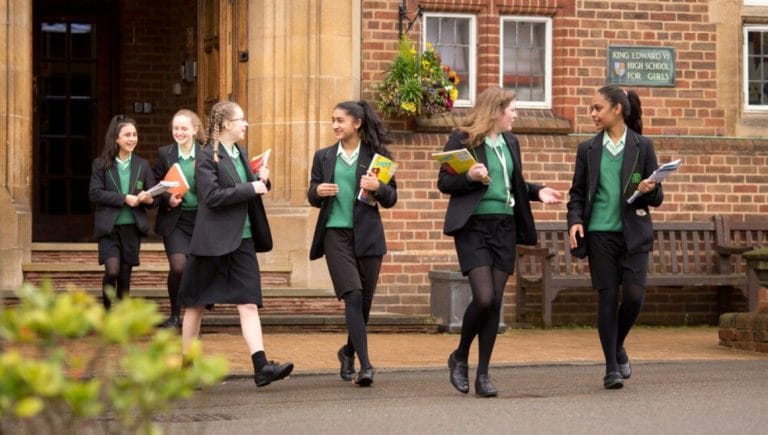🎧 Listen to This Article
St George’s Preparatory School, a long-established private institution in Boston, Lincolnshire, announced it will close its doors at the end of this academic year, citing “unsustainable losses” intensified by recent government tax reforms. The school’s decision marks one of the most tangible consequences yet of the VAT imposition on private education; a move designed to rebalance the fiscal equation by investing in public services.
Private Education in Crisis: The Ripple Effects of the 20% VAT
The closure of St George’s, rated “outstanding” by Ofsted, comes as a significant blow to the local community. The school, known for its small class sizes and tailored teaching, struggled with mounting financial burdens after the government introduced a 20% value-added tax (VAT) on private school fees in January 2025. The policy, expected to generate £1.8 billion annually by 2029/30, has been defended by ministers as a way to increase funding for the broader state education system.
However, education sector leaders and independent school representatives have warned of the disruptive impact the VAT policy would have on mid-sized institutions, especially those outside affluent urban areas. St George’s cited not only the VAT charges but also the recent increase in employers’ National Insurance contributions and minimum wage hikes as key contributors to their untenable operating costs.
“There has been a visible and rapid decline in enrollment,” said Sarah Whelan, the school’s founder and principal. “Many families can no longer afford the fees under the new tax regime, and despite our best efforts, the financial model no longer works.”
The announcement comes amid a legal battle playing out in the High Court, where opponents of the VAT policy argue that it is discriminatory and infringes on human rights by limiting parental choice. While the government insists the tax is necessary to ensure equity and sustainability in public funding, critics claim that it risks collapsing parts of the independent education sector and driving increased demand toward already stretched state schools.
Education analysts warn that more closures could follow, particularly among smaller preparatory schools that operate on tighter margins and rely on modest tuition to cover expenses. “This is not just a taxation story—it’s a socioeconomic shift,” said an independent schools advisor. “Policies like this ripple far beyond the balance sheets. They impact local economies, employment, educational choice, and social mobility.”
Parents of students currently enrolled at St George’s will receive transition support, while staff will be offered employment and career counseling. Yet for many, the damage has already been done.
“This is more than a school closure,” Whelan said. “It is the unraveling of a community built on trust, excellence, and personal development.”
As the education landscape continues to evolve, the debate over taxation, access, and equity in schooling will remain at the forefront of public discourse.
Private School VAT Policy Faces Legal Challenge on Discriminatory Grounds
For further details, clarification, contributions, or any concerns regarding this article, please get in touch with us at editorial@tax.news. We value your feedback and are committed to providing accurate and timely information. Please note that our privacy policy will handle all inquiries.



